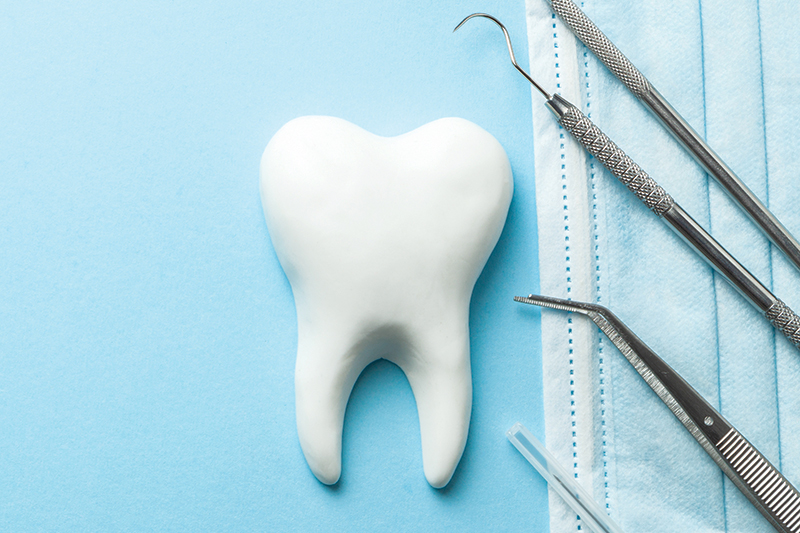Every licensed practitioner of dentistry in the United States, whether a DDS or a DMD, has been trained in allopathic dentistry—the somewhat mechanical treatment of disease and dysfunction signs and symptoms (for example, cavities and bleeding gums) that affect the oral cavity (i.e., the mouth). But there is so much more to achieving a lifetime of oral health and overall well-being than merely filling or pulling teeth and scraping tartar.
Ever since Robert Koch postulated the germ theory of disease back in the 1800s and dentistry became recognized as a profession separate from medicine and surgery, dental students have been taught—through a paradigm of signs and symptom recognition and amelioration—to treat dental problems as manifestations of the structures within the oral cavity. However, it is ultimately more expensive and temporary and less as well as less successful in the long term than prevention and interception of the root causes of disease and dysfunction. Rather than limiting the scope of the source and connections of dental issues to only the oral cavity, it is overall more effective to provide treatment and rehabilitation from disease and dysfunction processes in the context of how the disease relates to the rest of the body and lifestyle of the individual.
That distinction is the basis of functional dental medicine: Thorough evaluation and discovery, then appropriate individualized intervention in the context of root cause oral-systemic associations. Put more simply, functional dental medicine takes into account each person’s lifestyle and whole-body health when assessing and treating oral health issues.
Dispelling Myths
There are two primary myths to dispel regarding dental issues and oral health:
- Cavities are caused by too much sugar
- Bleeding gums are caused by not brushing and flossing regularly and correctly
On the surface, those two statements seem reasonable as we have heard them time and again from dental professionals at our “cleaning” visits. And yes, excess sugar and too much plaque do contribute to increasing risk of cavities and gum disease. But we all know people who never brush and eat lots of sugary foods who never seem to have a problem…so what gives?
The bottom line is that we have tried to be too simplistic about our approach to the interception and prevention of disease and dysfunction by trying to apply the “one-causation-fits-all” allopathic dentistry paradigm, rather than the multi-factorial, individual-susceptibility functional dental medicine paradigm. The “one-causation-fits-all” paradigm is a hoax!
The correct approach to preventing, intercepting, and restoring dental disease requires the more comprehensive evaluation of the root factors of disease, taking into consideration the variability of disease expression of the individual; in other words, making an individualized assessment of risk factors to tailor and appropriately develop a course of healthy actions and outcomes. That is the hallmark of functional dental medicine.
Kevin H. Norige, DMD, is the founder and chief dentist at South Windsor Smiles, a private dental practice that focuses on oral health as part of the whole-body system. For 35 years he has worked with patients to achieve a healthy mouth and live a healthier life.
Call 860.288.2111 or www.SouthWindsorSmiles.com.
